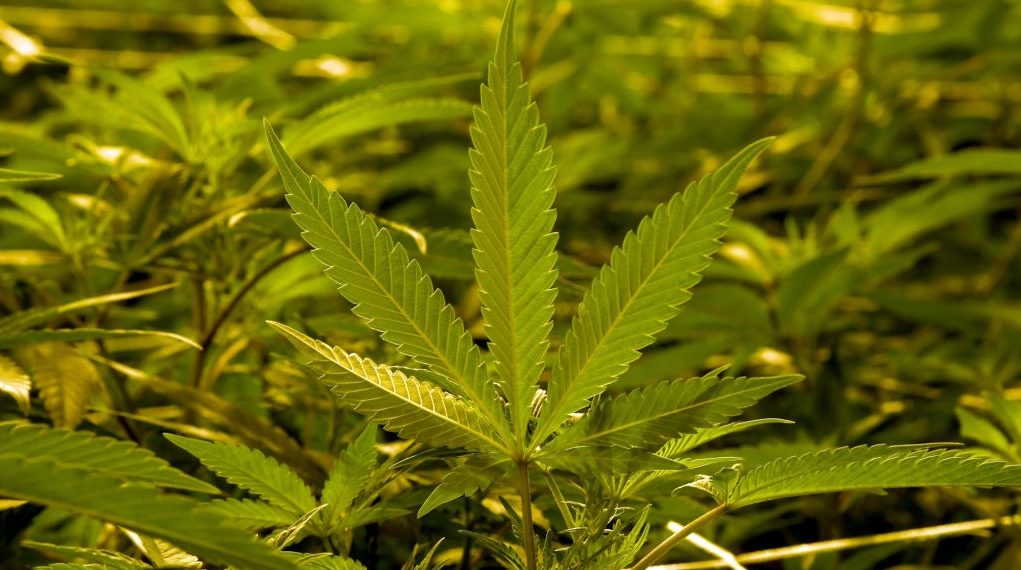New marijuana legislation could finally help balance the scale of war on drugs effects on the Black community

States across the country have begun to change their stance on the use and sale of marijuana as the push for legalization has started to take shape in states such as Colorado, California, and Michigan.
However, as that move toward legalization has started to add up to big money for legal weed sellers, one group of people who have lagged well behind are African Americans. As the legal businesses have grown around the nation, a majority of the owners of those businesses are white.
“We actually do have to overcorrect,” said Kassandra Frederique, the New York state director of the Drug Policy Alliance, said to USA Today. “People from our communities, black and brown communities, were the one first ones to be criminalized. Why shouldn’t we be the first ones to benefit?”
In California, a number of cities have created cannabis equity programs to help former drug dealers go legal. The programs include business development, loan assistance, and mentor relationships.
In September 2018, former Gov. Jerry Brown signed legislation to partially fund such programs. The bill stated it would help ensure “that persons most harmed by cannabis criminalization and poverty be offered assistance to enter the multibillion-dollar industry as entrepreneurs or as employees with high-quality, well-paying jobs.”
In Massachusetts, regulators have launched an equity program after acknowledging that while the state’s population is 22 percent Latino or African-American, that same demographic makes up 75 percent of people imprisoned under mandatory minimums for drug crimes. The program is specifically reserved for residents with a drug conviction or those who are married to someone with a drug conviction.
However, it is not the same across the board. In December in Michigan, Calvin Johnson – the former Detroit Lions superstar – was denied a license to open a medical marijuana dispensary due to an old parking violation.
Oakland native Tucky Blunt (which is his real name) comes from a long line of weed dealers and smokers.
Blunt, who started selling at 16 ended up on 10-year felony probation over $80 worth of weed. He was found with a handful of baggies stashed in his pants in 2004 when police officers came for him, tipped off by someone Blunt thought was a friend.
“We were out there trying to make money to help support our families at a time when people didn’t have a lot money. We didn’t think we were hurting anyone,” Blunt, 39, said. “I liked weed. I knew people who liked weed. Why not facilitate them getting good weed? That’s how I looked at it.”
His arrest was a part of a common theme: young black men were getting arrested while at times their white counterparts received more lenient judgments.
“It affected everybody in my circle because it was only targeted to us. I knew white people that was selling weed that never went to jail,” Blunt said. “The war on drugs was just about putting as many of us in jail as possible. It tore up a lot of families.”
In Oakland, 77 percent of the marijuana arrests in 2015 were of African-Americans. Whites represented just 4 percent of those arrests, even though the city’s population is about 30 percent white and 30 percent black.
In Colorado, which legalized marijuana in 2012, the total number of marijuana arrests decreased by 52 percent between 2012 and 2017. But at the same time, the marijuana arrest rate for African-Americans – 233 per 100,000 – was nearly double that of whites in 2017, and that’s in a state that’s 84 percent white.
In Washington, D.C., where marijuana is legal, a black person is 11 times more likely than a white person to be arrested for public consumption of marijuana. Health statistics show that whites and African-Americans use marijuana at roughly equivalent rates, which means the disparity in arrests is driven not by use but by police.
—Khloé Kardashian blames Jordyn Woods for break up of her family-—
“Once the train has left the station, it’s hard to attach new boxcars,” said Christine De La Rosa, who owns marijuana businesses in California and Oregon and is lobbying to pass legal recreational pot in New York. “People are starting to understand and to put the pieces together: This child’s father has been in jail for 16 years on a minor possession charge, and then right across the street at the marijuana convention you have a bunch of white guys in ties getting rich.”
Last month in Baltimore, State’s Attorney Marilyn Mosby announced that her office would no longer prosecute any marijuana possession cases, regardless of amount or prior criminal record, unless there was demonstrated intent to distribute. And she announced her office would vacate about 5,000 marijuana-related convictions dating back to 2011.
Maryland decriminalized possession in 2014, but police still can and do issue citations. Mosby said that of the 431 marijuana citations issued by Baltimore police in 2017, 95 percent of them went to African-Americans, even though the city is roughly 60 percent black. And of those citations, more than 40 percent were issued in one majority-black neighborhood.
While this is going on, white politicians like former House Speaker John Boehner, who long backed the war on drugs, quickly joined the board of a cannabis company in April 2018.
Blunt tried to break into the industry on his own a few years back but thanks to California’s equity program, he has launched his marijuana store, Blunts+Moore. He equity programs as a key component to fixing all of the damage caused by the war on drugs.
” We’re owners now,” he said. “To be able to sell this legally in my city, literally 10 blocks from where I caught my case, I’m fine – I wasn’t going to let anything stop me. I’m the new kid on the block, and I’m here to change the game.”
